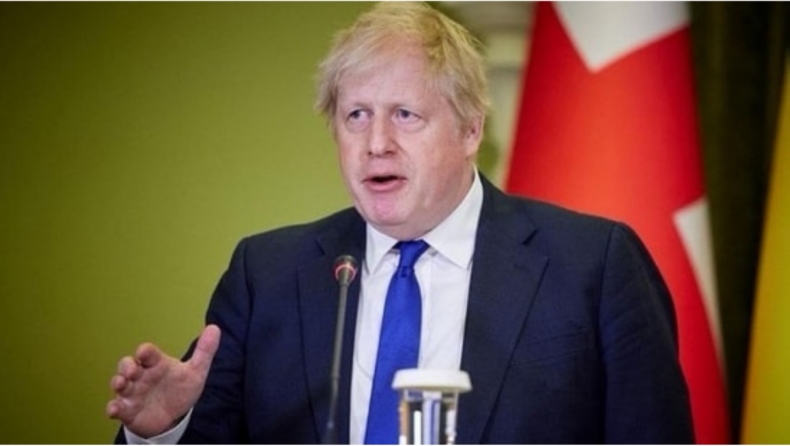As a new controversy threatens to derail his leadership, Johnson is seen as clinging to his position as premier by a thread.
On Wednesday, UK time, a rising number of government officials pushed the embattled British Prime Minister to quit. Boris Johnson’s scandal-ravaged leadership was hanging by a thread as he fought attempts to remove him from office.
Johnson vowed to continue fighting at the start of the day despite the shocking leaving of his finance minister, health secretary, and dozens of other politicians who were enraged by the latest scandal to engulf Downing Street: Chris Pincher, Johnson’s former deputy chief whip, who was alleged of groping two men last week, and his botched handling of a resignation.
Before a delegation of cabinet colleagues came to Downing Street to beg Johnson to quit, Johnson had to undergo a beating at Prime Minister’s Questions and a grueling session in front of a parliamentary committee of senior lawmakers.
Johnson, though, resisted giving up without a fight. He fired former ally and senior cabinet minister Michael Gove on Wednesday night. According to reports, Gove had earlier in the day reportedly told Johnson that his time in office was over.
According to a source close to Priti Patel, who is another important ally, Johnson was informed by Patel that the Conservative party believed Johnson should resign.
A Johnson spokesperson asserted that the prime minister was in “very good spirits” as the news of Gove’s dismissal spread.
James Duddridge, Johnson’s parliamentary private secretary, said Johnson was “fighting on so that he believes he can win” in an interview with CNN.
Many prime ministers have been removed from power by violent uprisings in their parties, and when the situation looks dire, leaders often choose to step down.
But there aren’t many instances in British political history that can compare to how quickly Johnson’s government tipped over the edge.
A political revolution that many in Johnson’s party had fought for decades was implemented after he won an election by a landslide less than three years prior.
Johnson was in a strong position in the polls even toward the end of last year. Johnson was encouraged by a successful vaccine launch, despite the UK having the highest COVID-19 fatality rate in Europe.
He attempted to get an ally’s suspension for misconduct overturned; he was fined by the police for witnessing one of the many parties that were held in Downing Street while it was under lockdown; he lost two MPs to sex scandals and was unable to win back their seats in subsequent by-elections.
And last week, despite his ministers and advisers’ initial denials, he acknowledged that he had been informed of an accusation against Pincher before elevating him to the position of deputy chief whip.
For many of his allies, the Pincher saga was the tipping point.
Johnson just avoided losing a motion of no confidence at the beginning of June, although rebels have pledged to change party rules and permit another vote soon if he doesn’t resign. It is currently expected that Johnson would lose this vote as well.













